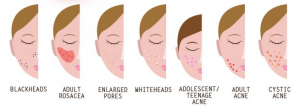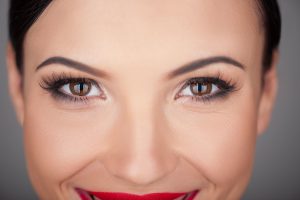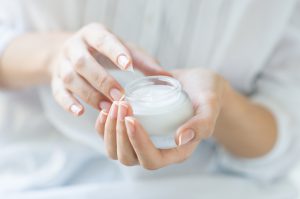 Anti-aging products make outlandish promises. Some claim to make you “look 10 years younger overnight.” Others will “instantly tighten and lift skin.” A few even promise to be “one step to perfection.” As much as we want a quick solution, these results are too good to be true.
Although we can’t expect a skin miracle, transformation can happen. These four simple tips will help you maximize the results from your skin care products, without...
Anti-aging products make outlandish promises. Some claim to make you “look 10 years younger overnight.” Others will “instantly tighten and lift skin.” A few even promise to be “one step to perfection.” As much as we want a quick solution, these results are too good to be true.
Although we can’t expect a skin miracle, transformation can happen. These four simple tips will help you maximize the results from your skin care products, without... Read more about Top 4 Ways To Get Better Results from Anti-Aging Products









